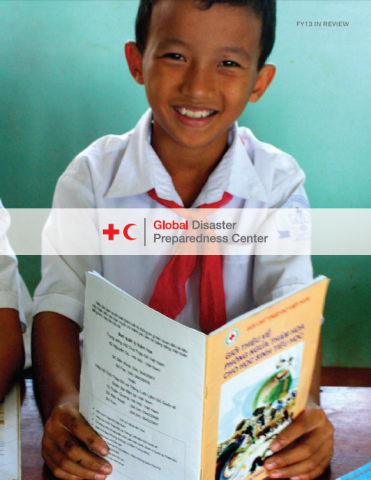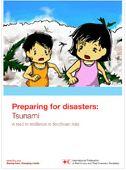Comparative Review of Social Media Analysis Tools for Preparedness: Terms of Reference
In collaboration with other partners, the GDPC seeks to build out the current knowledge and awareness within the global Red Cross network on how the information exchange and communication on social media platforms can be better integrated into the work of the Red Cross. Beyond looking at the access to information and communication within networks, […]
Comparative Review of Social Media Analysis Tools for Preparedness: Terms of Reference Read More »


